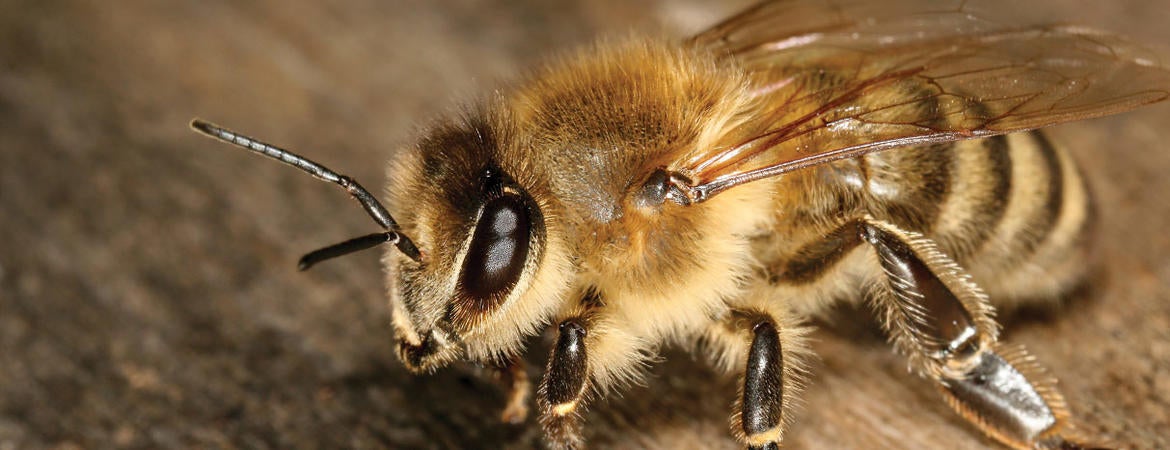As modern agriculture increasingly depends on honey bees to pollinate crops, the loss of bees has become a global concern. Bee pollination is essential for more than 80 crops and accounts for about a third of what you eat. In the last 20 years, dramatic declines have been reported throughout the world, putting our food security at risk.
Recently, a new phenomenon has been described, known as Colony Collapse Disorder (CCD), in which all the workers of an otherwise healthy-looking colony miraculously disappear. As massive losses, such as CCD, continue to occur, researchers attempt to identify their causes.
Today, we know of several factors that contribute to bee declines, but the exact triggers of widespread bee decline still need to be fully understood. While more research is required to understand the honey bee decline, researchers agree that there is no single cause of the decline. Consequently, each mass loss might need to be investigated separately. We still need to understand better how these complex insects function and how external factors disrupt the fine-tuned balance within a colony and the immune system of individual bees.
